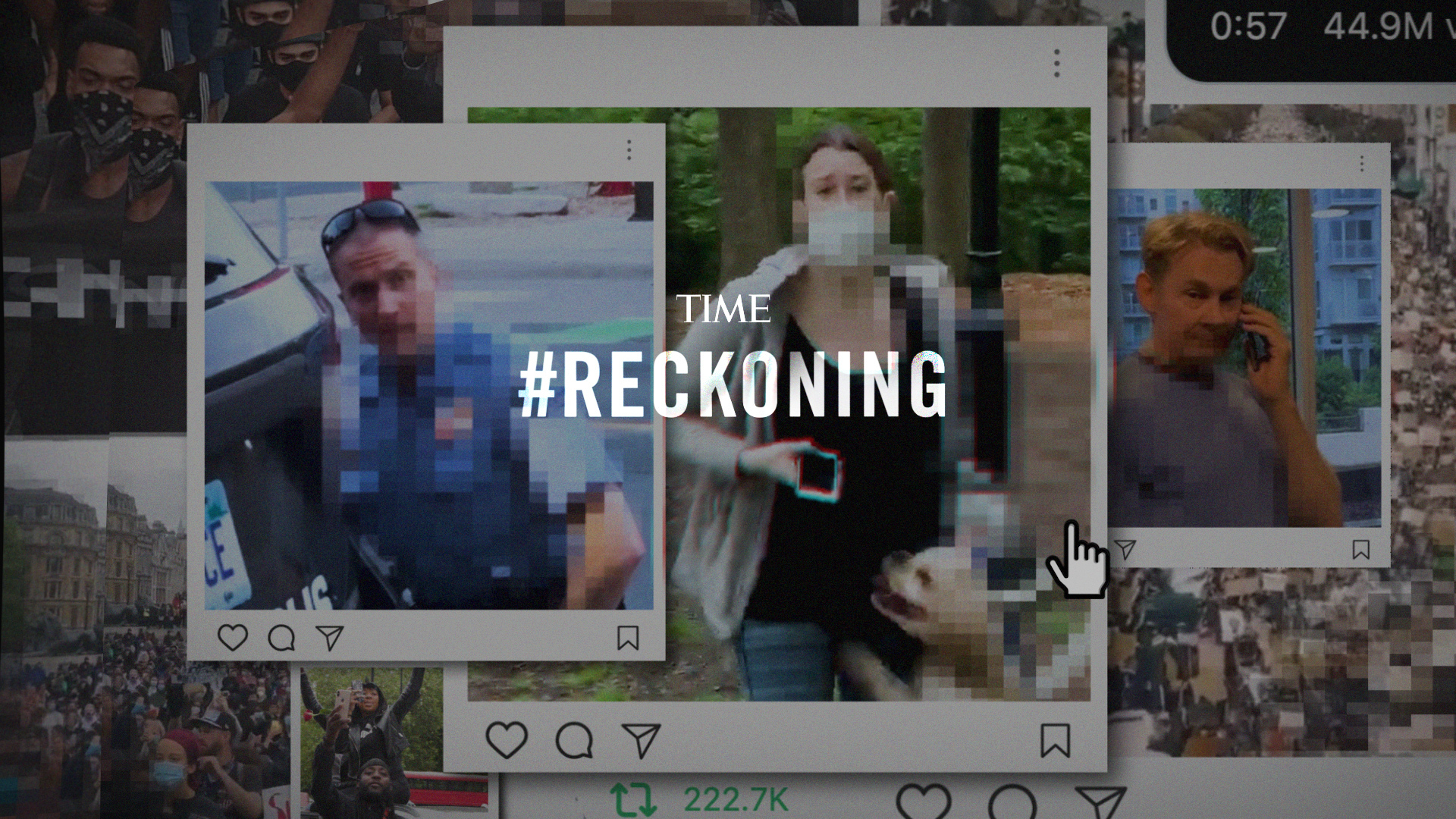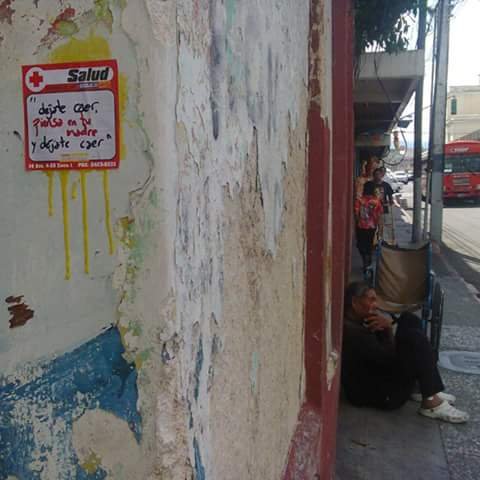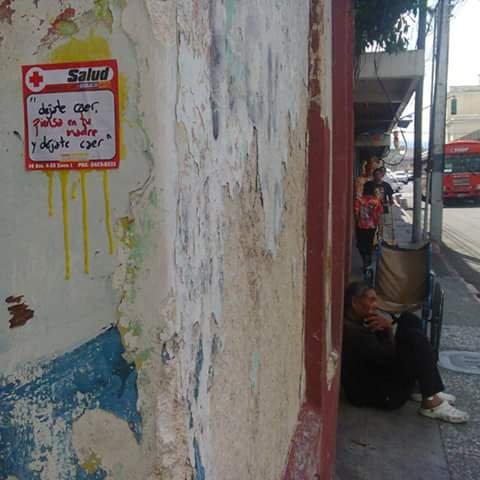Investing in Organized Crime:
How the Alliance for Prosperity Undermines Human Rights and the Rule of Law
Jackie McVicar and Annie Bird
October 12, 2018
Guatemalan President Jimmy Morales, is in Washington, DC October 11 and 12 to attend the 2nd Prosperity and Security in Central America Conference, alongside Honduran President Juan Orlando Hernandez and Salvadoran Vice President Oscar Ortiz. State Department communiques explain the event is co-hosted by Vice President Mike Pence, Secretary of State Mike Pompeo, Homeland Security Secretary Kirstjen Nielson, Mexican Foreign Secretary Luis Videgaray and Mexican Secretary of Governance Alfonso Navarrete.
Jimmy Morales Strengthens Impunity for Corruption and Human Rights Violations
On August 31, surrounded by dozens of military officials in an image that evoked memories of the country’s military coups of the 1980s, Morales announced that he would not renew the mandate of the UN-backed International Coalition Against Impunity in Guatemala in September 2019. At the same time, J8 Armoured Jeeps, donated by the US Government, circled the CICIG offices and the Central Plaza in a show of force, purposely used to intimidate the civilian population.
Later, Morales stated he would not comply with a Constitutional Court ruling overturning the denial of a visa renewal for CICIG Commissioner Ivan Velasquez, which has prevented Velasquez from returning to Guatemala after a trip to the U.S. This raised concerns that by defying the decision of the highest court, Morales was teetering on the edge of an auto-coup. Six challenges to the Constitutional Court ruling are currently pending a decision – five presented by the Morales Administration and one submitted by the Foundation Against Terrorism, a military-backed advocacy group dedicated to maintaining impunity for crimes against humanity.
Morales originally supported the CICIG and Velasquez, extending their mandate in 2016, but tensions grew beginning in August 2017, when it became evident that CICIG was investigating Morales and his party, the National Convergence Front (FCN), for illegal campaign financing. In response, Morales tried to expel Velasquez by declaring him persona non grata, a decision that the Constitutional Court ruled as illegal. Subsequently, the CICIG, working with the Public Prosecutor’s Office, three times formally requested that Morales to be stripped of his political immunity so he could be prosecuted for campaign finance crimes they allege he committed as head of the FCN party. The decision on Morales’s impeachment still sits with a Congressional Committee. There is concern he will not be impeached as members of Congress formed an alliance known as the “Impunity Pact” in 2017 to impede investigations and harsh sentencing in the future for crimes committed during their time in politics.

The Supreme Electoral Court (TSE for its initials in Spanish), which oversees elections and political parties in Guatemala, has announced that it will make a decision on October 22 whether or not to officially cancel the FCN Party following an investigation into illegal campaign financing, including paying off prosecutors and receiving more than $2 million USD in illegal donations from members of the business elite. In September, Jimmy Morales spoke at the United Nations about security and justice, among other issues. “My government has been and will always be respectful of the Rule of Law. I can tell you, with my head high, that our government administration has not been accused of any kind of corruption.”
Initial statements from Secretary of State Mike Pompeo appeared to support the Morales Administration’s disregard for the rule of law. The day after Morales’ announcement he would not renew CICIG’s mandate, Mike Pompeo tweeted, “Our relationship with Guatemala is important. We greatly appreciate Guatemala’s efforts in counternarcotics and security.” However, CICIG has enjoyed longtime support from the U.S. Congress. On September 7, the powerful Republican and Democrat chairs of the House and Senate Foreign Affairs and Relations committees sent a letter to Pompeo expressing support for CICIG, followed three weeks later by a similar letter signed by over two dozen lawmakers. On October 9, Representatives Eliot L. Engel, Ranking Member of the House Committee on Foreign Affairs, and Seth Moulton, Ranking Member of the House Armed Services Oversight and Investigations Subcommittee, called on Secretary of State Mike Pompeo to place transfers or sales of military equipment to the Guatemalan government on hold while the State Department undertakes a detailed public report on the misuse of seven military-style J8 jeeps donated by the United States the Guatemalan government in an attempt to intimidate U.S. Embassy and United Nations personnel.
The Alliance for Prosperity Funding Corporations and the Security Industry to end Poverty
The Alliance for Prosperity (AfP) was promoted in 2014 and 2015 by prominent political figures including John Negroponte, then-Vice President Joe Biden, and the current Trump Chief of Staff John Kelly, Commander of the US Military’s Southern Command at the time. In May 2017, after he was named Secretary of Homeland Security, Kelly took credit for spearheading the initiative.
Though the AfP was championed as a response to the surge of child migrants from Central America, Central American analysts point out that the plan deepens the same economic and security policies implemented over the two decades, in which the extreme levels of poverty and violence that force families to flee Central America developed.
The U.S. Congress allocated $750 million for 2016 in security and development assistance in the framework of the AfP for 2016. That number dropped to $655 milling for 2017 and $460 million in 2018. Much of this is to be channeled to private corporations through the Overseas Private Investment Bank and other publically funded private sector investment agencies. This aid is overshadowed by the tens of billions of dollars that are expected to flow into the region in the framework of the Plan through loans from the Inter American Development Bank and other “development banks.”
On June 15 and 16, 2017, at the first Prosperity and Security conference, “participants discussed policies to promote investment in the region, facilitate sustainable growth, and improve conditions for U.S. and other companies,”according to the DHS. Discussions focused on SIEPAC, the energy transmission line linking the power grids from Colombia through Texas, greatly increasing the potential for energy exports from Central America. SIEPAC was the centerpiece of Inter American Development Bank (IDB) promoted Plan Puebla Panamá, later renamed the MesoAmerica Initiative. The IDB also plays the central coordination roll in the AfP.
Privately promoted energy distribution projects have had a particularly negative impact. Steeply increased consumer energy prices have led to widespread and sustained protests. Privately owned energy generation projects impact prime agricultural land and water resources communities depend upon. On Wednesday, a Guatemalan consulting firm, Central American Business Intelligence (CABI) document entitled, “The national electric system under attack.” reporting on the presentation, national news media accused communities in resistance to large-scale hydroelectric projects of inciting violence and measured the cost of the “illegitimate” conflict that affects the sector.
In this framework, indigenous leaders, human rights defenders, lawyers and journalists who challenge interests of politically and economically influential corporations are increasingly subject to smear campaigns, malicious and false prosecution, threats and violent attacks. Human rights organizations have identified a pattern of attacks that grows from threats to criminalization and culminate in murder, as is so clearly demonstrated in the murder of Honduran indigenous rights defender Berta Caceres. This year alone, UDEFEGUA, the Unity for the For the Protection of Human Rights Defenders in Guatemala, have reported 21 violent deaths of human rights defenders, including Ramon Choc Sacrab, José Can Xol, Mateo Chaman Pauu, Luis Marroquin, Juana Reymundo, Florencio Nájera, Alejandro Hernández, Francisco Munguia, Juana Ramírez Santiago. Dozens more have been criminalized, including Bernardo Caal Xol, Abelino Chub Caal, Maria Choc, Eduardo Bin, José Méndez Torres, Melvin Álvarez García, among many, many others.




























